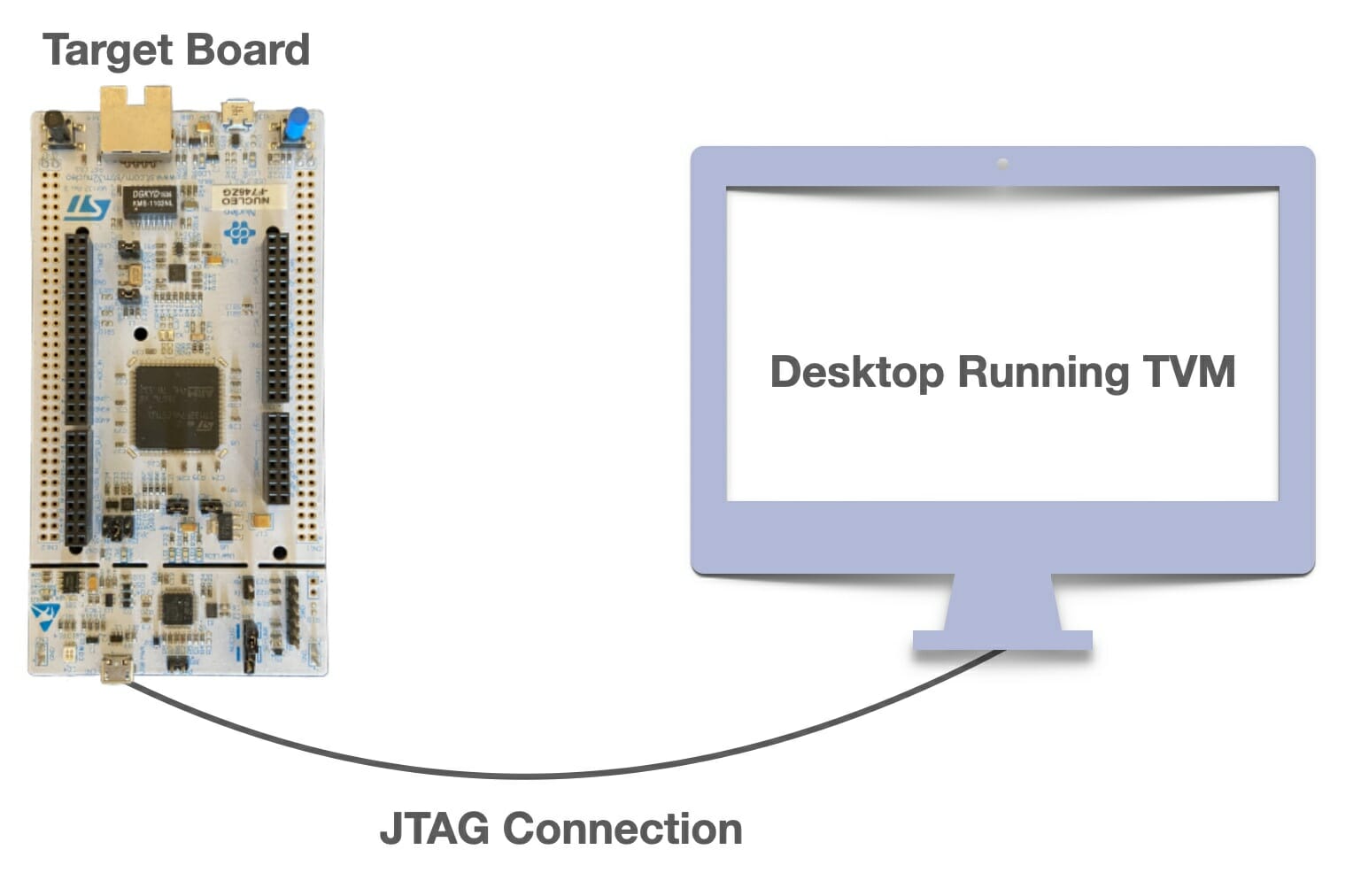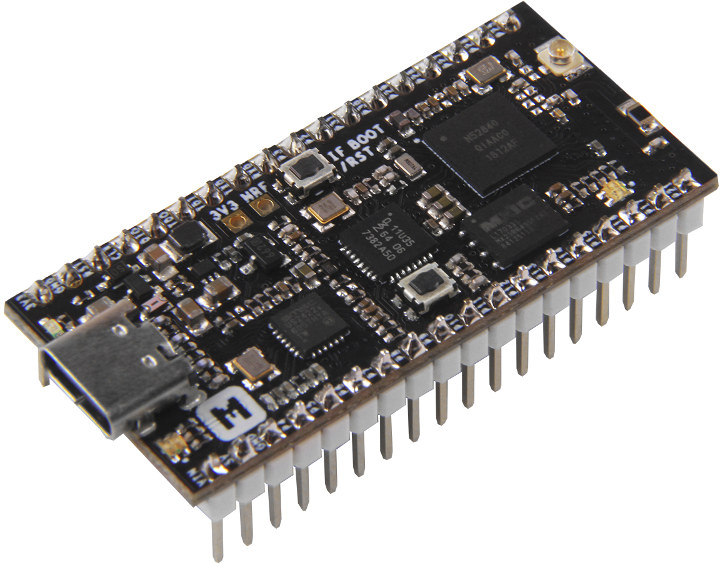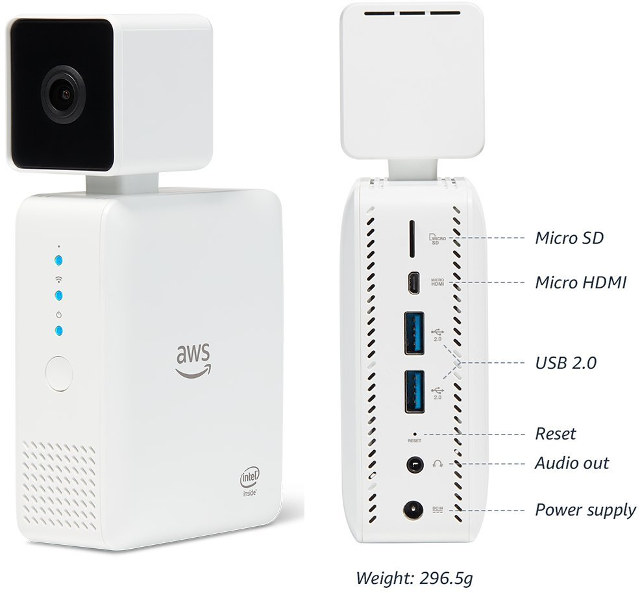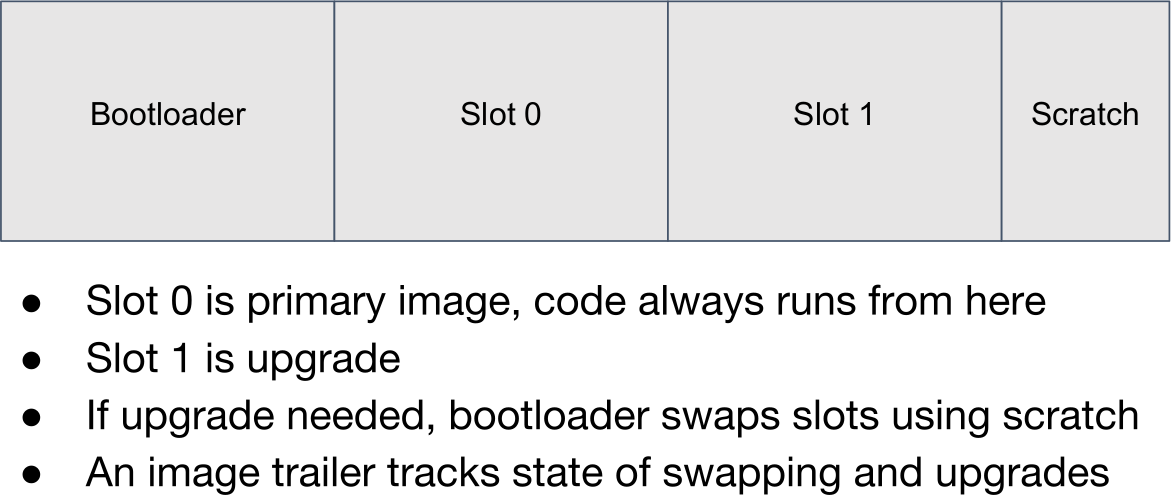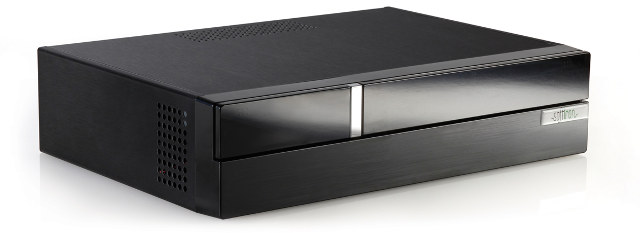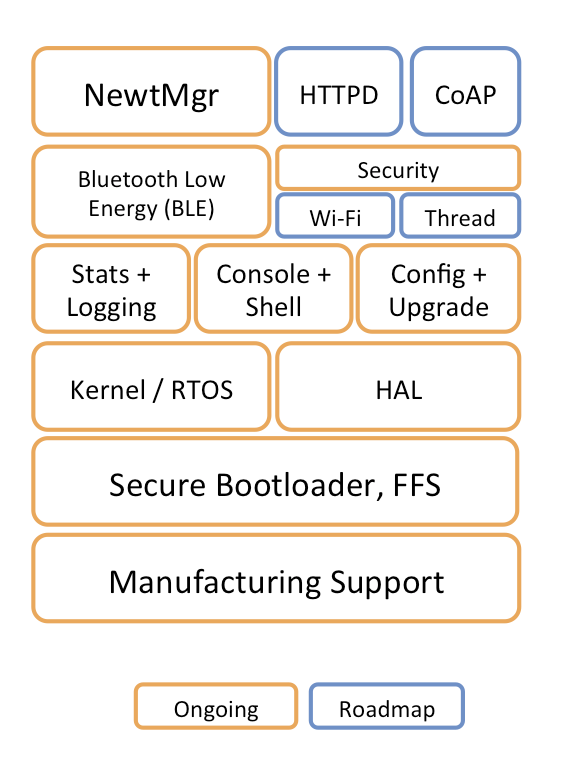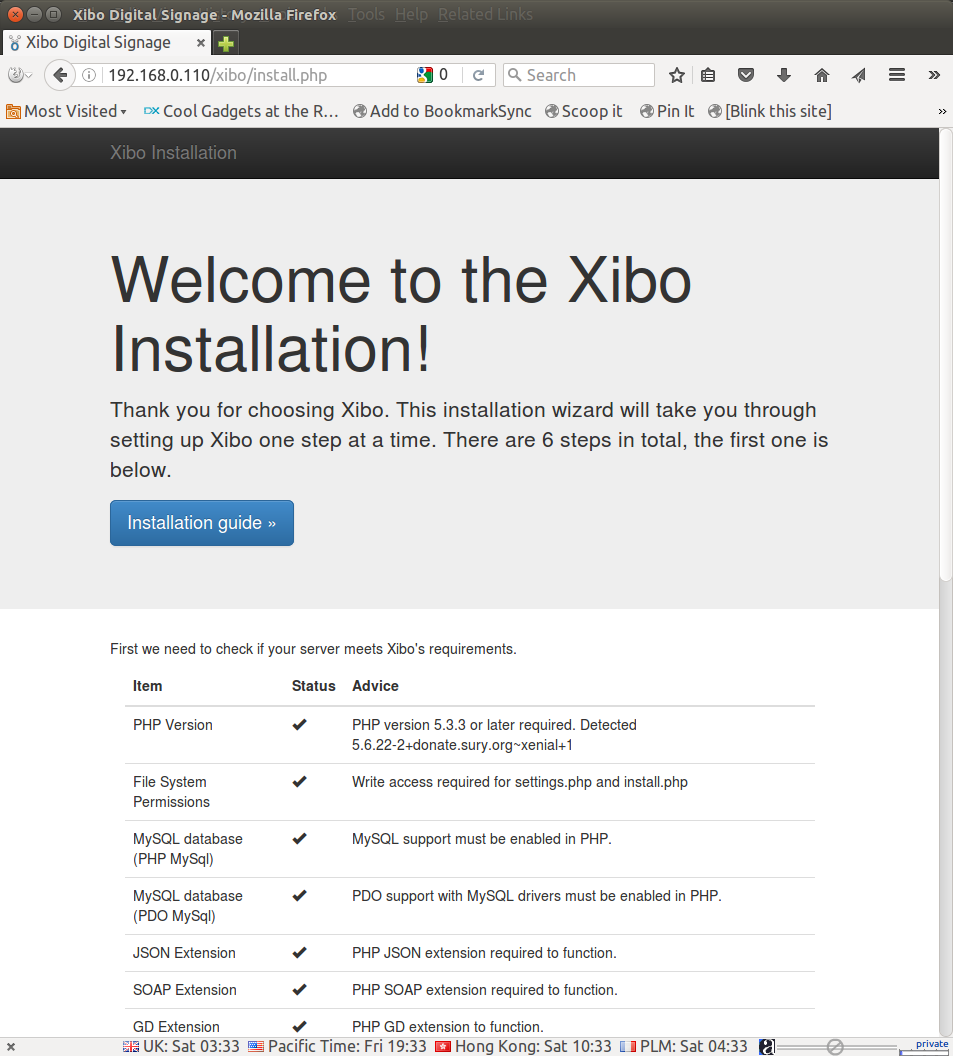China has now an alternative to the Google Summer of Code, an international annual program in which Google awards stipends to students who successfully complete a free and open-source software coding project during the summer. China’s alternative is called “Summer 2021 of Open Source Promotion Plan”, also known as “summer 2021” for short, and is organized by the Institute of Software Chinese Academy of Sciences and the openEuler community. It’s a global program open to college students around the world who want to participate in the development and maintenance of open-source software. There’s only one specific requirement to be able to apply: be at least 18 years old at the time of registration. Selected students will be paid according to the complexity of the project with 12000 RMB ($1,867), 9000 RMB ($1,400), or 6000 RMB ($933) “bonuses” to be distributed at the end of the project. Other stakeholders include the […]
Use AutoTVM and uTVM to optimize ML workloads on embedded devices & microcontrollers
We are seeing a massive increase in resource-constraints for embedded devices due to a lack of mature software stacks. With the increase in open-source hardware, the available software support takes a considerable amount of time to develop AI/ML/DL applications. Some of the challenges faced today are that bare-metal devices do not have on-device memory management, and they do not have LLVM support. They are also hard to debug because of rigid programming and cross-compilation interfaces. Due to this, “optimizing and deploying machine learning workloads to bare-metal devices today is difficult”. To tackle these challenges, there have been developments to support TVM, an open-source machine learning compiler framework for CPUs, GPUs, and machine learning accelerators, on these bare-metal devices, and Apache TVM is running an open-source foundation to make this easy. “µTVM is a component of TVM that brings broad framework support, powerful compiler middleware, and flexible autotuning and compilation capabilities […]
Makerdiary nRF52840 Micro Development Kit Works with OpenThread, Arm Mbed OS, Zephyr OS, Mynewt, etc…
If you want to play around with Bluetooth 5, Nordic nRF52840 is probably one of the best option, and among the development board, $9/$12 Particle Xenon is hard to beat when it comes to value. But if you need a bit more storage, I/Os and features, Makerdiary nRF52840 micro development kit looks like a good candidate to evaluate, especially it supports plenty of frameworks / operating systems such as Arm Mbed OS, Zephyr Project, OpenThread, Mynewt, and others. It’s also the first MCU class board I’ve seen with a USB type C port, although I’m not sure it brings any benefits to this type of hardware. Makerdiary nRF52840 micro development kit (nRF52840-MDK) hardware specifications: SoC – Nordic nRF52840 Arm Cortex-M4F WiSoC with 1 MB FLASH and 256 kB RAM, Arm TrustZone Cryptocell 310 security subsystem External Storage – 64-Mbit QSPI flash Wireless Connectivity (on-chip) Bluetooth 5, Bluetooth Mesh Thread, IEEE […]
AWS DeepLens is a $249 Deep Learning Video Camera for Developers
Amazon Web Services (AWS) has launched Deeplens, the “world’s first deep learning enabled video camera for developers”. Powered by an Intel Atom X5 processor with 8GB, and featuring a 4MP (1080p) camera, the fully programmable system runs Ubuntu 16.04, and is designed expand deep learning skills of developers, with Amazon providing tutorials, code, and pre-trained models. AWS Deeplens specifications: SoC – Intel Atom X5 Processor with Intel Gen9 HD graphics (106 GFLOPS of compute power) System Memory – 8GB RAM Storage – 16GB eMMC flash, micro SD slot Camera – 4MP (1080p) camera using MJPEG, H.264 encoding Video Output – micro HDMI port Audio – 3.5mm audio jack, and HDMI audio Connectivity – Dual band WiFi USB – 2x USB 2.0 ports Misc – Power button; camera, WiFi and power status LEDs; reset pinhole Power Supply – TBD Dimensions – 168 x 94 x 47 mm Weight – 296.5 grams The […]
MCUBoot is an Open Source Secure Bootloader for IoT / MCUs
Bootloaders takes care of the initial boot sequence on the hardware before the operating system takes over. For example, U-boot is often used in embedded systems as the bootloader before starting the main operating systems such as Linux or FreeBSD. MCUBoot is also a bootloader, but it targets the IoT, here referring to MCU based systems with limited memory and storage capacity, and is born out of work on Apache Mynewt OS, when developers decided to develop the bootloader separately from the operating system. MCUBoot is designed to run on small & low cost systems running on MCU with ~512 KB flash, ~256 KB RAM, and currently supports Zephyr OS and Mynewt, with support for other RTOS also considered. Due to constraint the bootloader uses minimal features with a flash driver, a single thread, and crypto services. The project also aims at solving security and field firmware updates. To address the […]
$599 Softiron Overdrive 1000 Server is Powered by AMD Opteron A1100 64-bit ARM Processor
ARMv8 servers have been around for a year or so, but normally only available to companies, mostly due to their very high price. LeMaker Cello board based on AMD Opteron A1120 quad core SoC have changed that since it’s priced at $299, but I’m not sure it’s shipping right now, and it’s not a complete solution fitted with memory and storage, and lacks an enclosure. The good news is that Softiron has just launched Overdrive 1000 server powered by AMD Opteron A1100 series processor, with 8GB DDR4 RAM, a 1TB drive, and a case. Softiron Overdrive 1000 server specifications: SoC – AMD Opteron A1100 series quad core ARM Cortex A57 processor System Memory – 2x RDIMM slots fitted with 8GB DDR4 DRAM and expandable to 64GB Storage – 2x SATA 3.0 connector with one fitted with a 1TB HDD Connectivity – 1x GBase-T Ethernet USB – 2x USB 3.0 ports […]
Apache Mynewt RTOS for IoT Includes an Open Source Bluetooth 4.2 LE Stack for MCUs
The Apache Software Foundation has recently released version 0.9 Apache Mynewt open source real-time operating systems for micro-controllers under… an Apache 2.0 license. The RTOS works on STMicro STM32 Cortex-M4, and Arduino Zero / M0 Cortex-M0 boards, but they’ve also implemented the first open source Bluetooth Low Energy stack for MCUs, starting with support for Nordic Semi nRF52 Cortex-M4 and nRF51 Cortex-M1 evaluation boards, and acting as a replacement for Nordic SoftDevice Bluetooth Smart / LE solution. The operating system competes with ARM mbed, the Zephyr Project, and RIoT, but the foundation claims it is the only one that’s both community driven and permissively licensed (Apache 2.0) project in the embedded space. The OS is modular and can be configured with a Go-like build and package management tool with components such as secure boot loader, flash file system and TLV storage mechanism, rich logging infrastructure, circular buffering schemes, and Bluetooth […]
How to Install PHP 5.6 (and Xibo Digital Signage CMS) in Ubuntu 16.04
Xibo is an open source digital signage using a client / server architecture, and in the past I wrote a tutorial showing how to use it, and ran Xibo Python client on ARM Linux TV box, but with software handling only so rendering scrolling text was not very smooth at all, and video decoding was not really possible. But now I have Star Cloud PCG02U Intel TV stick which costs just $70 shipped with Ubuntu 14.04, and that I have upgraded to Ubuntu 16.04, and I thought that would be a great low cost Xibo Linux client which should have pretty good performance. I started by installing Xibo server, only to find out that the cross-platform Python client had been phased out, with now only Windows and Android clients available. So I canceled my plan. I still had some challenges installing Xibo server on Ubuntu 16.04, so I’ll report my […]



